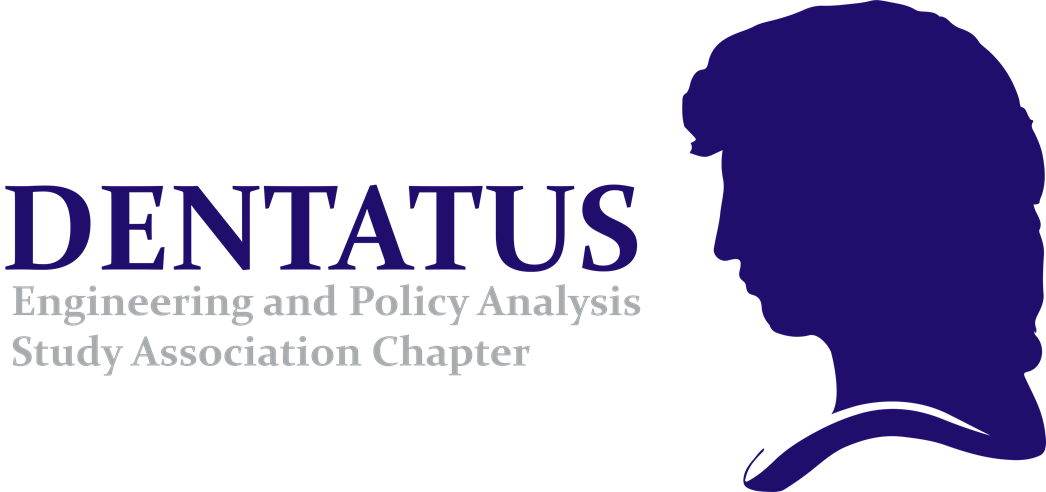

Tell us a bit about youself!
Where did you grow up?
As a child I lived in Venezuela and Argentina, but then spent most of my life living in Barcelona, Spain. I am an avid traveler and love experiencing other cultures so after growing up in Spain I took the opportunity to live for a short time in the USA, UAE, Japan and now in the Netherlands.
What is your interest growing up?
While going over school activities I did when I was 5 and 6 years old, one of the questions in both was “What do you want to be when you grow up?”. At 5 I wrote down a scientist and at 6 a philosopher (who the heck knows what a philosopher is at 6?!). Funnily, I ended up studying Theoretical Physics as BSc and Philosophy as MSc, so I guess I lived up to my expectations! Now my objective is to combine both social and scientific branches in EPA.
Share that quirky side of yours, what is it?
“I can backflip on a snowboard, I have been multiple times on TV, I have been held at gunpoint by the police” 2 True, 1 False. Can you guess?
Why EPA?
What is your experience prior to joining EPA?
Damn EPA for stripping us of our innocence! I even asked what’s the word limit for this interview… the assignments have brainwashed me. Back to the point, the year before joining EPA I went on a gap year to Japan. I spent the winter season working in a ski resort and later travelled around the country. It was a fulfilling experience which I would recommend to everyone. Before the gap year, I worked for one year after my bachelor graduation in one of the Big Four consulting companies. That made me open my eyes and realize I want to work towards public policy and not get into the private world. That realization was definitely a catalyst to enroll in EPA.
What led you to joining EPA? Your expectations of EPA?
I spent TOO MANY hours looking for the program that best fit my interests. Not many universities combine quantitative technical aspects with social qualitative issues. When I came across EPA, I had this illumination moment and knew it was the right program for me. Not only the MSc combines both lines, but also frames it in such a way that we can apply what we learn to real world issues. My expectations were really high given that it seems that we are going to be able to solve all the world problems by the end of the program. That made me be somewhat skeptic because it seemed too good to be true.
How does it align with your interest(s), are the expectations met?
Right now, almost at the end of Q3 of the first year, I can say most of my expectations were met. The proportion of quantitative and qualitative courses is ideal to, step by step, learn how to tackle the world issues we keep being introduced to. They definitely do not teach us how to solve all world problems, but they give us the tools to collaborate with other experts to carry things forward. On the other hand, one of the things I miss in EPA is a more mathematical approach in some courses. As a physicist I have a lot of sympathy for equations and I believe they would help me address challenges we are faced with. Nevertheless, I know many other people are grateful that the MSc is less technical, so I guess it’s a matter of taste.
What is the most exciting opportunity that you have been working on since EPA?
I have been collaborating with a feminist organization to introduce the STEM field to prospective female university students. It is undeniable that technical universities such as TU Delft still see a big disparity in the number of female students in comparison to male students. For that reason, the organization aims to show the relevance of women in science and technology by sharing women’s achievements, providing counseling, and organizing events with relevant female figures of the STEM world. By showing future university students that they can have female references in this world we hope to increase the enrollment of women in STEM.
After EPA
How would you describe the impact you’d like to make after EPA?
I would say the motivation of most of the students is very similar: make a change. We all have a deep interest in facing real world problems and tackling them to improve people’s lives. I am currently interested in social dynamics applied to sustainability and social equity. I think these are two of the greatest challenges our modern society is facing. At the time being not many studies are being focused on how these issues emerge from social interaction. Hopefully, after graduation I will have the chance to directly work in a project related to this field which will contribute to reduce human impact on Earth and address the inequalities many people suffer in their daily lives.
And any messages, advice to current/ prospective EPA students out there?
To prospective students: RUN BEFORE IT’S TOO LATE! Just kidding, if you have reached this point in which you’re reading about EPA and are interested in the program that means you are probably a good fit for it. Many people share this interest in working towards making a change, but fewer have the guts to attempt it. Keep in mind that you will have to work hard and spend a lot of time in the projects, but once you’re done the feeling of reward is immense. Get ready to do a lot of groupwork. It can be tough sometimes, but you will enjoy it very much if you’re open and make friends and not just groupmates.
